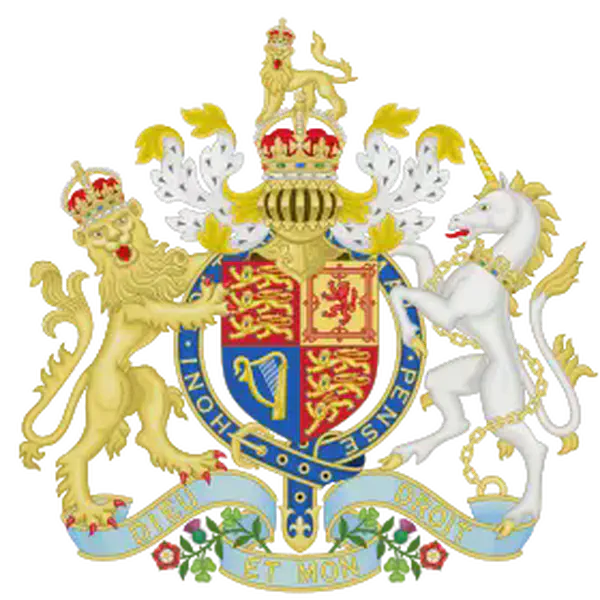
Irish Local Government Act Sets Up Elective County and District Councils
August 12, 1898
The Irish Local Government Act of 1898 was a transformative piece of legislation that established elected county and district councils in Ireland, marking a significant shift in the governance of the country. The Act is considered a major milestone in the democratization of local government in Ireland, granting more power and representation to the Irish population.
Background
Previous System: Before the 1898 Act, local government in Ireland was largely controlled by the landed gentry and appointed officials. The Grand Jury system, which was dominated by Protestant landowners, was responsible for local administration, including the management of roads, bridges, and other public works, as well as the collection of local taxes. This system was undemocratic and excluded the majority Catholic population from participating in local governance.
Calls for Reform: The demand for local government reform had been growing throughout the 19th century, driven by the wider push for Home Rule and greater Irish autonomy. The British government recognized the need to modernize the local government system to address these demands and to extend the franchise more broadly.
Provisions of the Act
Establishment of County and District Councils: The Irish Local Government Act of 1898 established elected county councils in each of Ireland’s 33 counties and county boroughs. Additionally, it set up urban and rural district councils to manage local affairs at a more granular level. These councils were responsible for a range of local services, including roads, public health, housing, and sanitation.
Electoral Reforms: The Act introduced a broader franchise, allowing more men, and for the first time, women who met property qualifications, to vote in local elections. This was a significant step toward greater democratic participation in Ireland, as it allowed a much larger portion of the population to have a say in local governance.
End of the Grand Jury System: The Act effectively abolished the Grand Jury system, transferring its powers to the newly created county councils. This marked the end of the domination of local government by the Protestant landed elite and opened the door for the Catholic middle class and other groups to participate in local government.
Powers and Responsibilities: The county and district councils were granted significant powers over local infrastructure, public health, education, and other community services. They were also responsible for setting local rates (property taxes) to fund these services.
Impact and Significance
Democratization of Local Government: The 1898 Act is widely seen as a major democratizing reform in Irish history. It allowed for greater local representation and autonomy, giving ordinary Irish people a voice in the governance of their communities for the first time.
Political Change: The Act led to the emergence of a new political landscape in Ireland, where nationalist and republican forces gained greater influence at the local level. The county and district councils became important arenas for political activity, and many of the leaders of the Irish independence movement began their political careers in local government.
Legacy: The Irish Local Government Act of 1898 laid the groundwork for modern local government in Ireland. It empowered local communities and set the stage for the further political developments that would eventually lead to Irish independence. The councils established by the Act continued to play a vital role in Irish public life, even after the establishment of the Irish Free State in 1922.
Cultural and Social Impact: By including a broader segment of the population in local governance, the Act helped to foster a sense of civic responsibility and community engagement. It also contributed to the decline of landlord power in Ireland, as the new councils were often controlled by nationalist and Catholic majorities who prioritized different interests than the previous Protestant elites.
The Irish Local Government Act of 1898 was a landmark in the history of Ireland, ushering in a new era of local democracy and contributing to the broader movement for Irish self-governance. It remains a key moment in the story of Ireland’s political evolution.